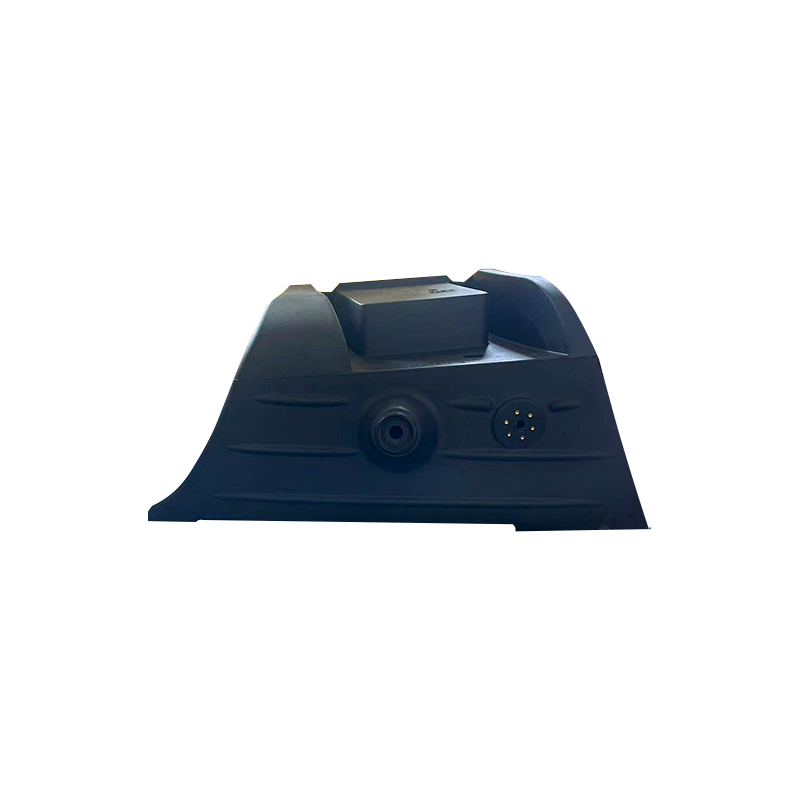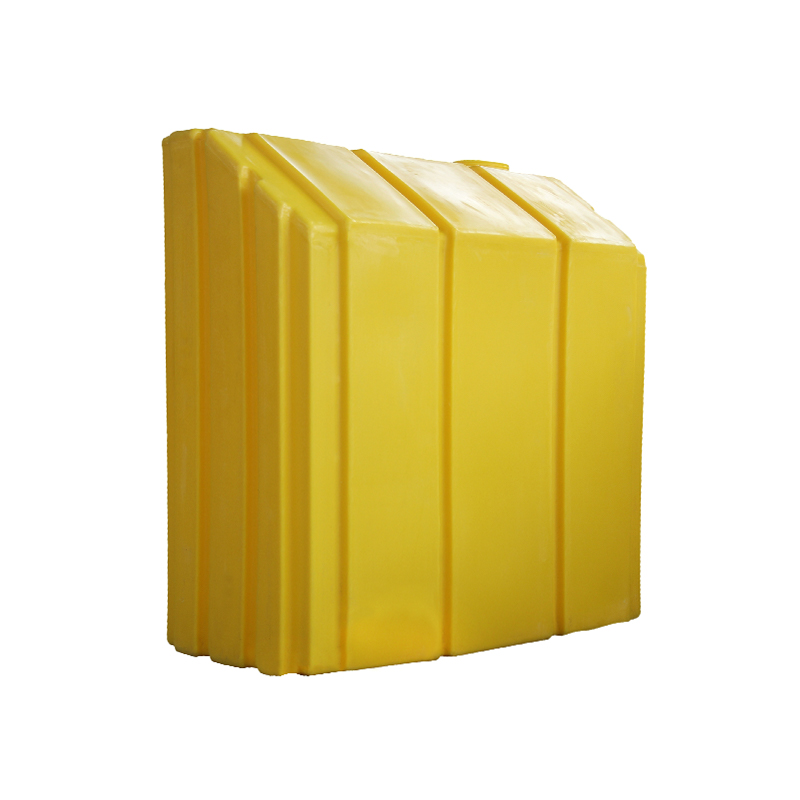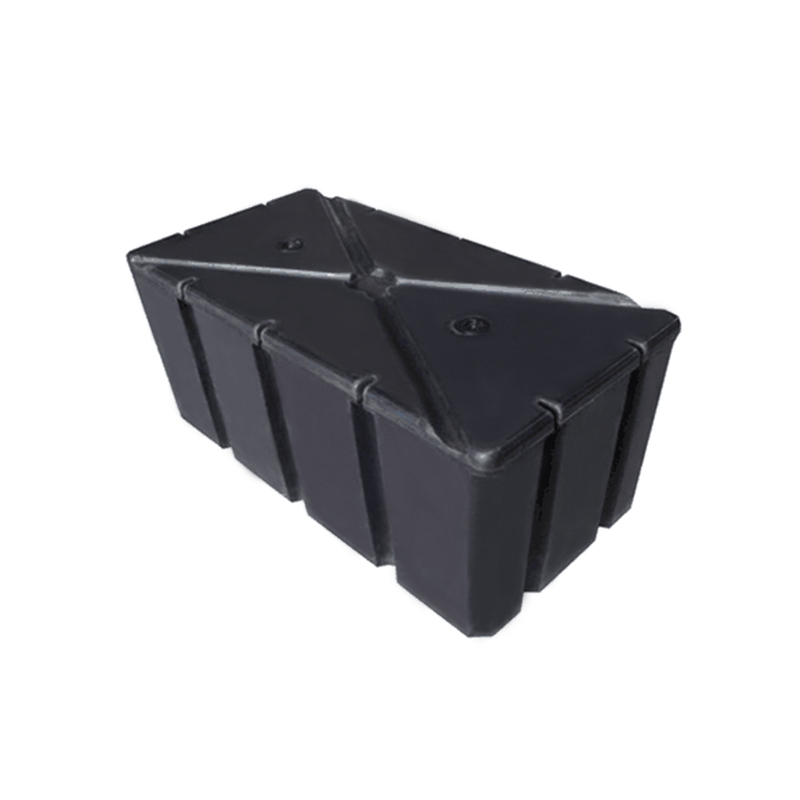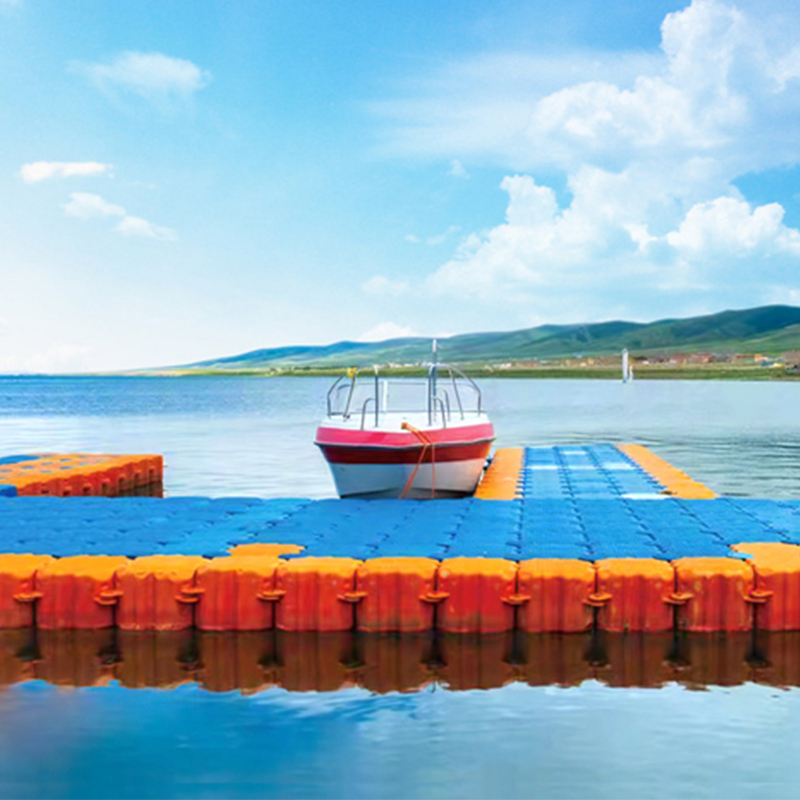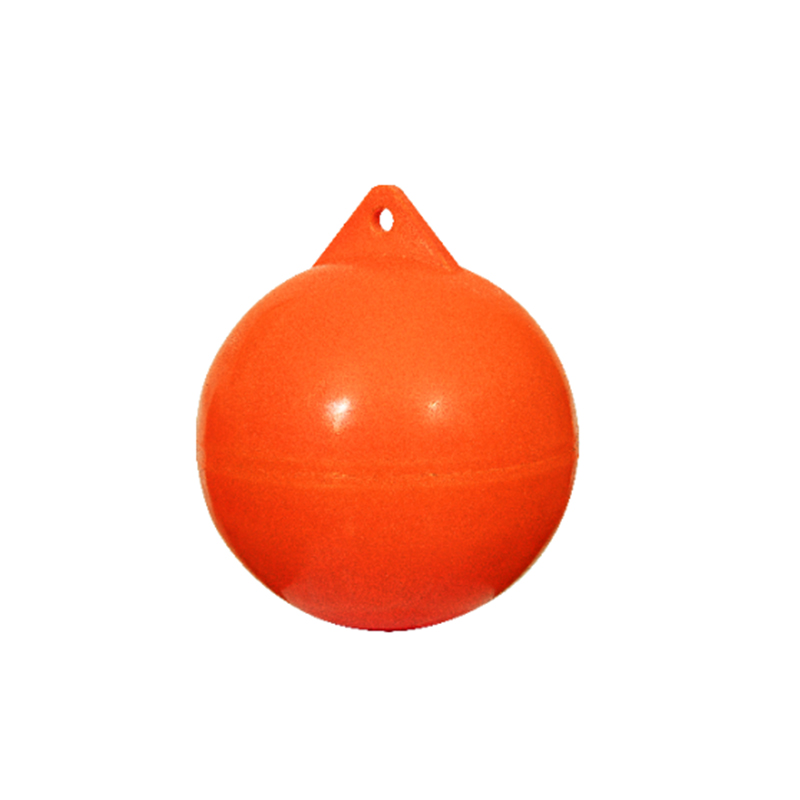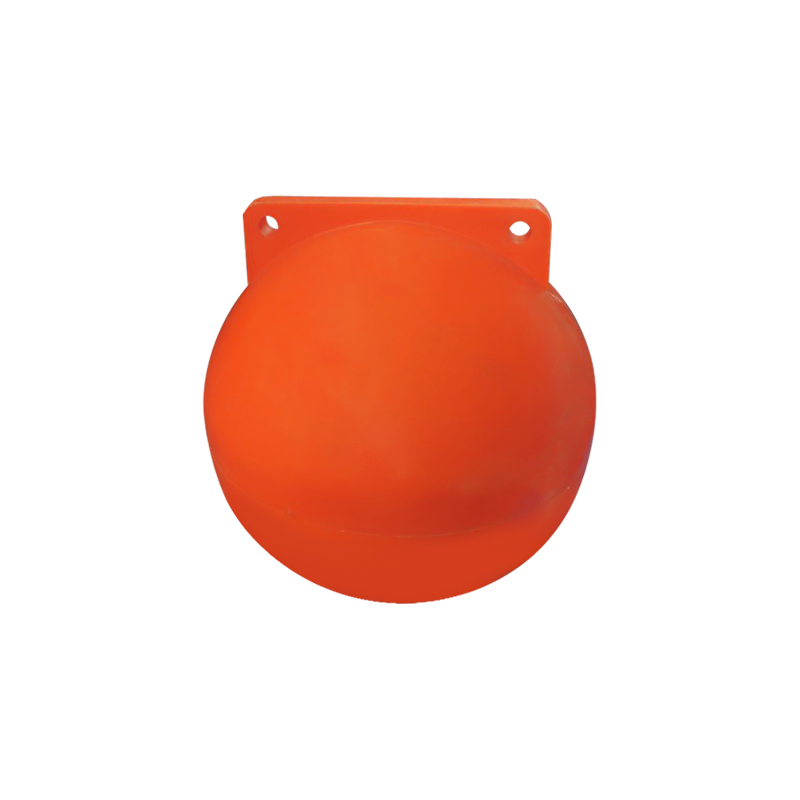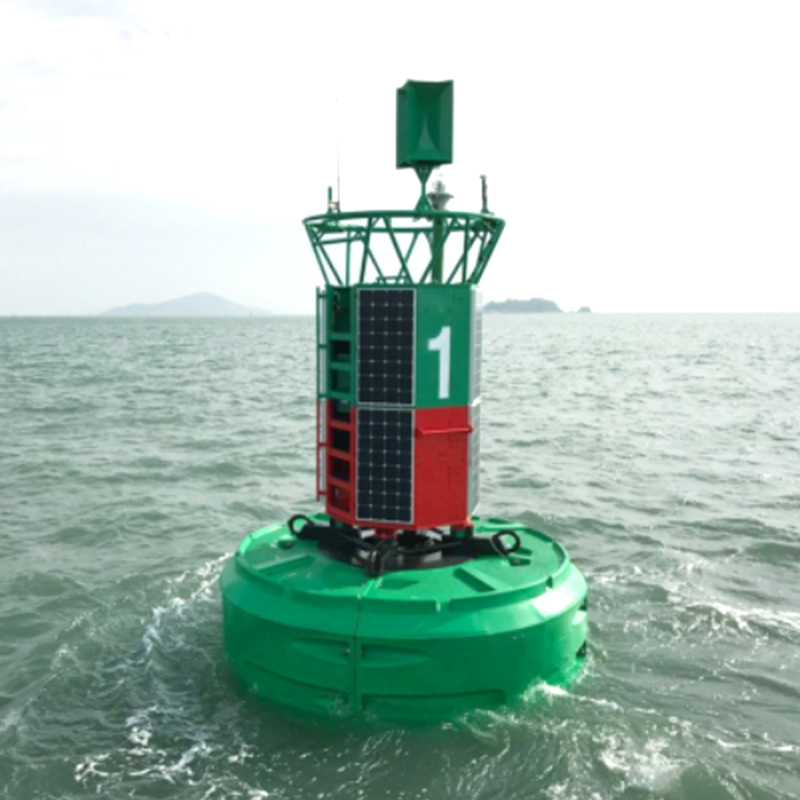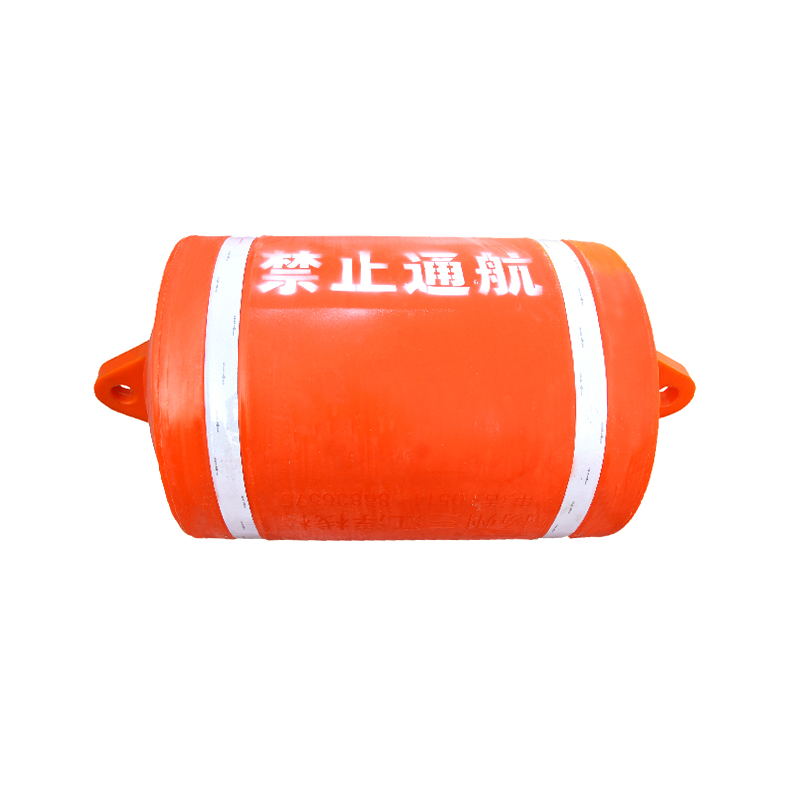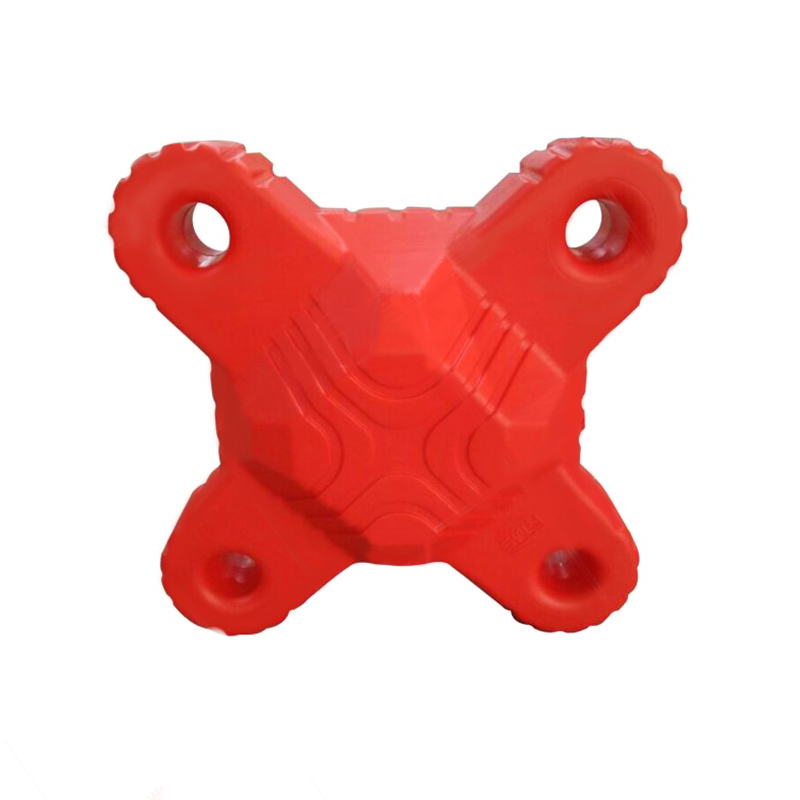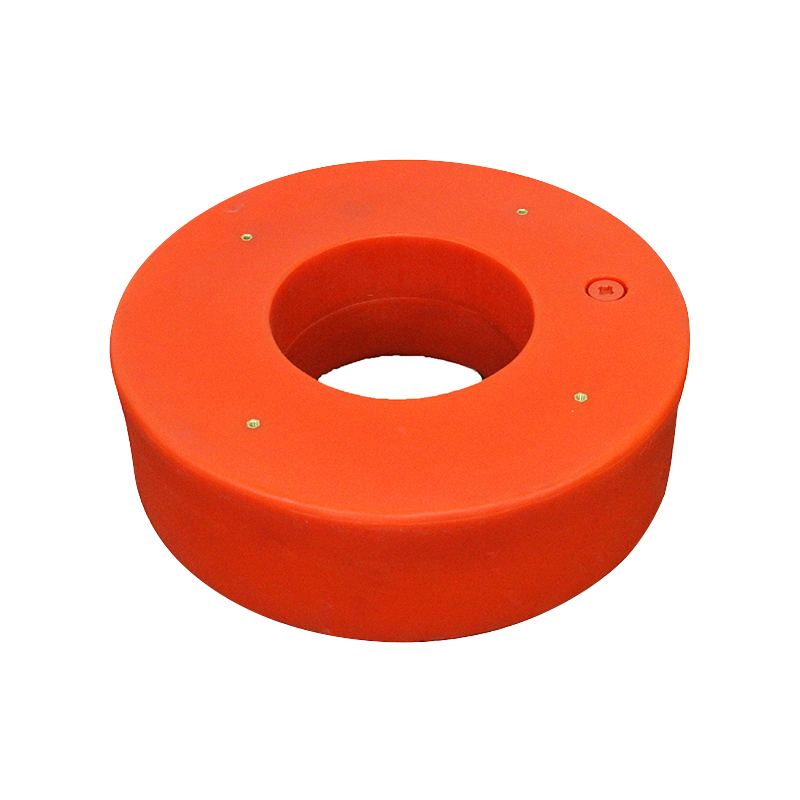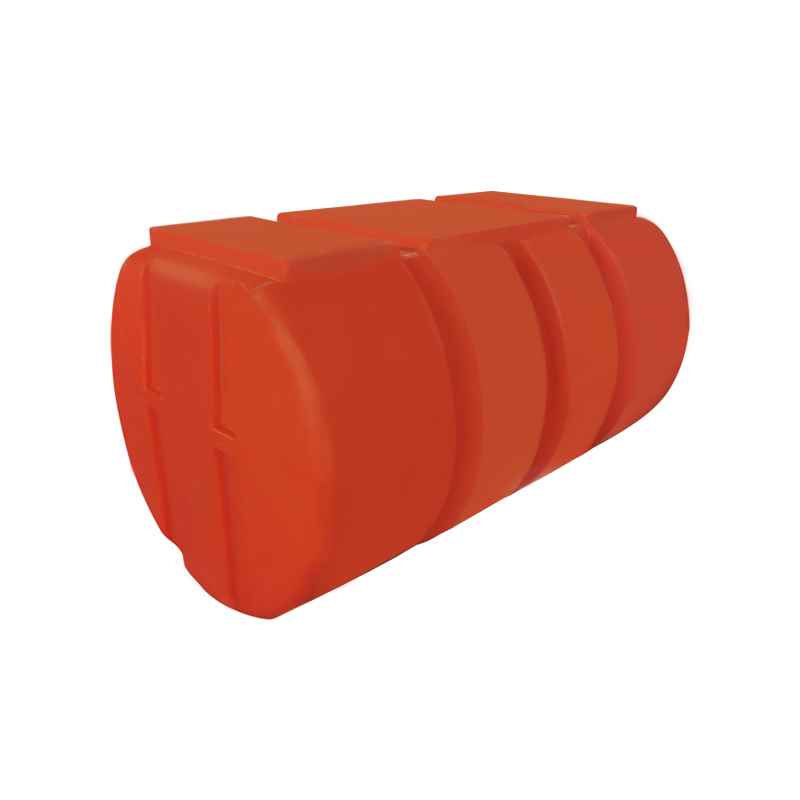How Does the Corrosion Resistance of the 7-Ton PE Breeding Tank Enhance Its Durability?
The corrosion resistance of the 7-ton PE breeding tank plays a crucial role in enhancing its overall durability, making it a highly reliable choice for the aquaculture industry. The tank is made from high-quality PE (Polyethylene) and LLDPE (Linear Low-Density Polyethylene) materials, both of which are known for their superior resistance to corrosion, unlike traditional materials such as metal. Metal tanks, which are often used in aquaculture, are susceptible to rust, corrosion, and degradation when exposed to water, especially in saltwater environments. Over time, this can compromise the structural integrity of the tank, leading to leaks, cracks, or even complete failure. The PE and LLDPE materials used in the 7-ton breeding tank are highly resistant to corrosion, meaning they are less likely to deteriorate or break down even when exposed to harsh conditions.
This resistance to corrosion significantly extends the lifespan of the breeding tank, making it more durable and reliable for long-term use. The materials maintain their strength and functionality over time, even when subjected to continuous exposure to water, UV rays, and temperature fluctuations. The tanks are less likely to require costly repairs or replacements, which would otherwise be common with metal tanks that are prone to corrosion. As a result, the 7-ton PE breeding tank provides significant cost savings to aquaculture operators who no longer need to invest in frequent maintenance or the purchase of new tanks.
Another major advantage of corrosion resistance is its positive impact on water quality and the overall health of the aquatic life being bred in the tank. Corrosion in metal tanks can lead to the release of harmful substances, such as rust or metal fragments, which can contaminate the water and harm the fish, shrimp, or other aquatic species being farmed. The PE materials used in the 7-ton breeding tank are non-reactive, which means they won’t leach any harmful chemicals into the water. This ensures that the aquatic environment remains clean and safe, promoting the healthy growth and development of the animals being raised.
The 7-ton PE breeding tank's ability to resist corrosion also enhances its performance in a variety of environmental conditions. Aquaculture tanks are often exposed to UV rays from the sun, temperature changes, and high humidity levels. These factors can cause materials to degrade over time, especially in metal tanks that are prone to oxidation. The PE and LLDPE materials used in the 7-ton tank are resistant to UV damage, preventing the tank from becoming brittle or cracked due to prolonged sun exposure. This makes the tank particularly well-suited for outdoor aquaculture applications, where it can withstand extreme weather conditions without compromising its structural integrity.
The durability provided by corrosion resistance makes the 7-ton PE breeding tank a more cost-effective solution in the long run. Aquaculture operators can rely on the tank for years without worrying about the expense and hassle of replacing corroded tanks or performing extensive repairs. The durability of the tank ensures consistent and efficient operation, improving the overall productivity of the breeding process. With its long lifespan and low maintenance requirements, the 7-ton PE breeding tank offers a smart investment for anyone in the aquaculture industry.


 English
English عربى
عربى


